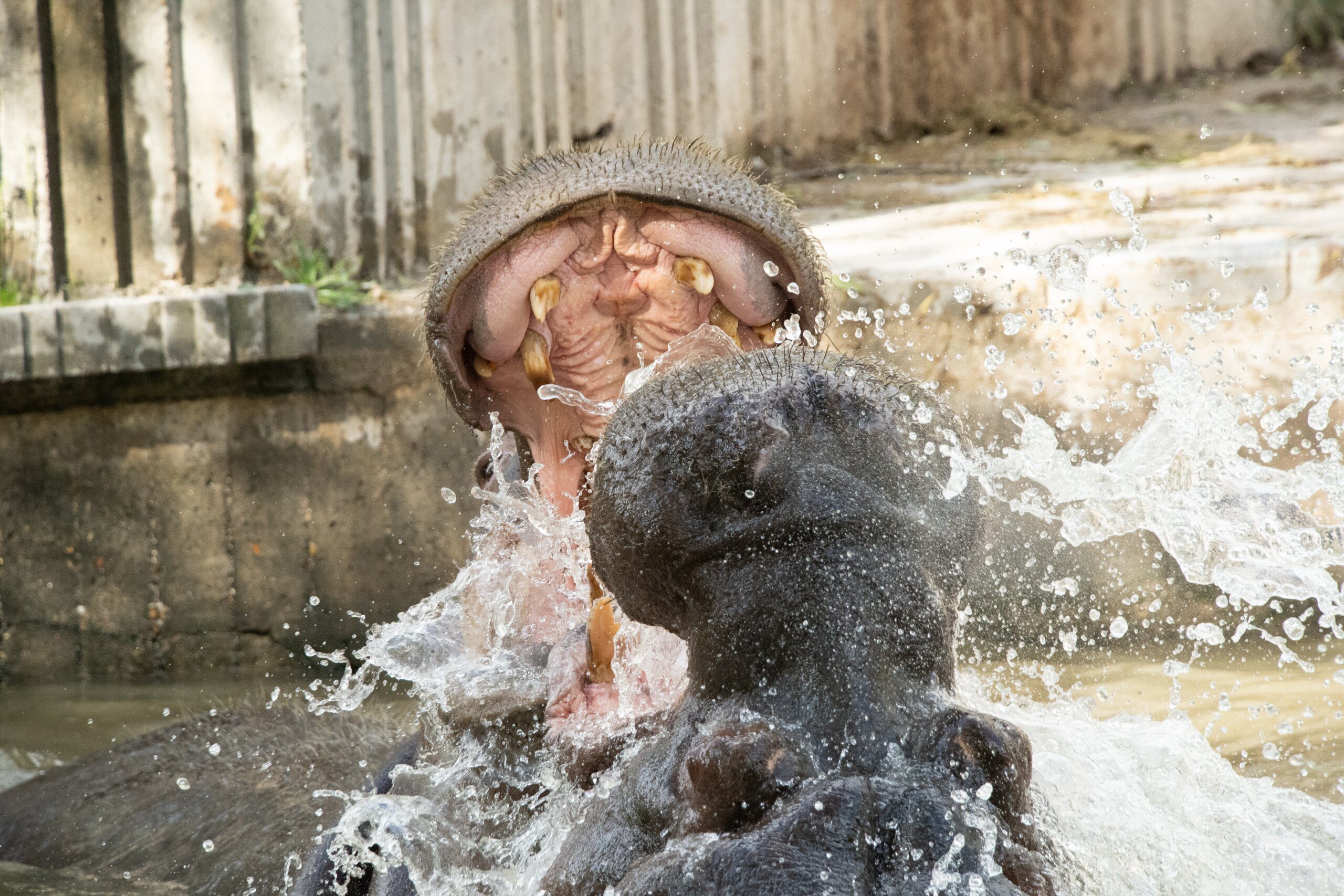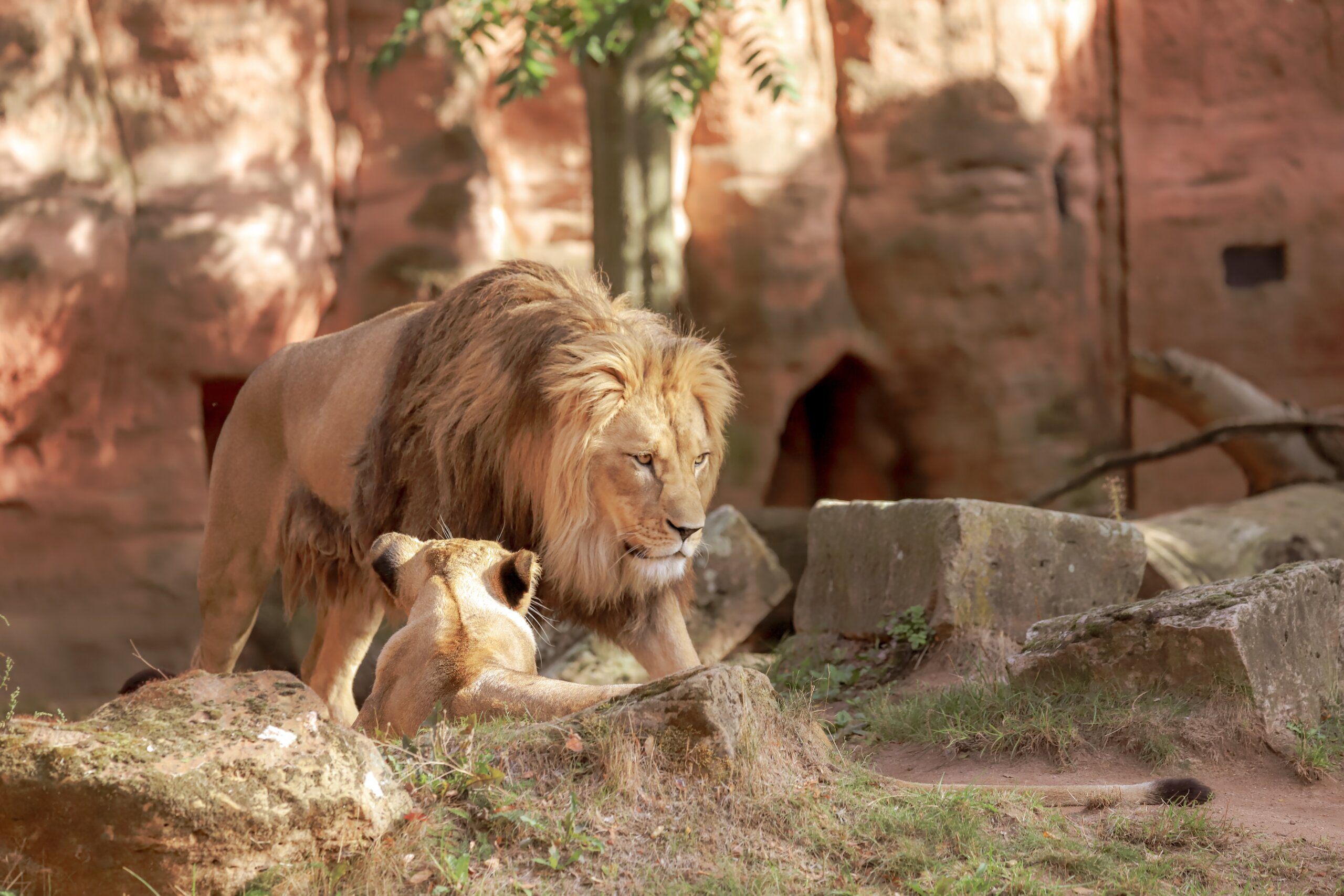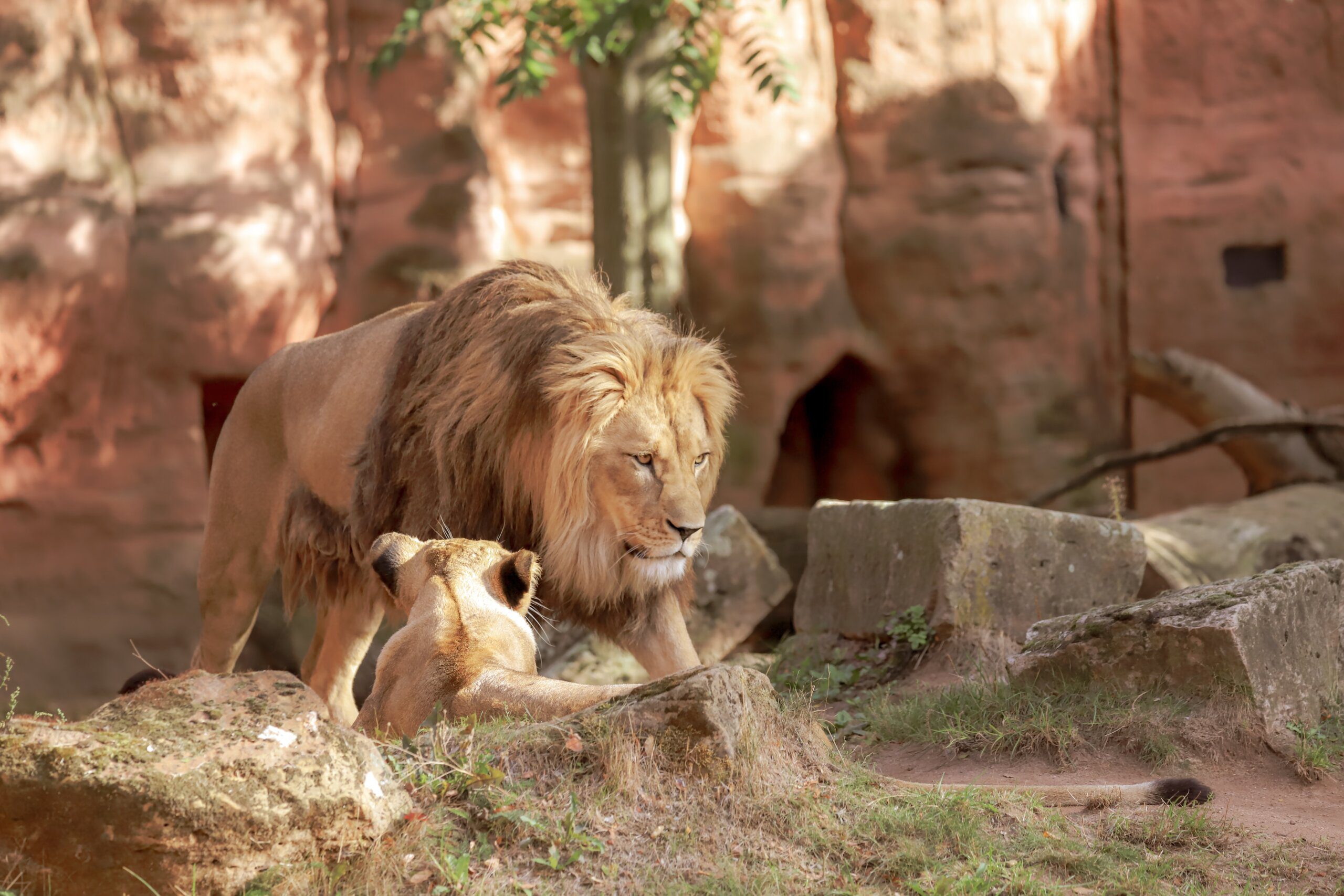Get ready for an incredible adventure as you step into the wonderful world of capybaras at the renowned Chester Zoo. Immerse yourself in a unique and unforgettable capybara encounter, where you can get up close and personal with these fascinating creatures. Discover their playful nature, gentle demeanor, and impressive size as you interact with them in their specially designed habitat. This thrilling capybara experience at Chester Zoo promises to be an enchanting opportunity to learn, connect, and create lasting memories with these captivating creatures.

Overview
About Capybaras
Capybaras are the largest rodents in the world and are known for their friendly and sociable nature. These lovable creatures are native to South America and can be found in wetlands, forests, and grassy areas. Capybaras have a unique semi-aquatic lifestyle and are excellent swimmers. They live in groups called “herds” and have a herbivorous diet consisting of grasses and aquatic plants.
Chester Zoo’s Capybara Encounter
Chester Zoo, located in the heart of Cheshire, England, offers a unique and exciting opportunity for visitors to get up close and personal with their friendly capybaras. The Capybara Encounter program allows individuals and families to learn about these fascinating creatures, interact with them, and create lasting memories. This unforgettable experience not only educates visitors about capybaras but also promotes conservation efforts to protect these amazing animals.
Capybaras at Chester Zoo
Introduction to Chester Zoo’s Capybaras
Chester Zoo is proud to house a vibrant and diverse community of capybaras. These incredible animals can be found in a specially designed enclosure that mimics their natural habitat, providing them with optimal living conditions. Visitors to the zoo have the unique opportunity to observe and learn about capybaras’ behavior, diet, and social dynamics.
Habitat and Enclosure
The capybara enclosure at Chester Zoo is carefully crafted to replicate the natural environment of these South American rodents. It features spacious grassy areas, shallow ponds, and shaded resting spots. The zoo’s expert animal care team ensures that the capybaras have access to fresh water, a variety of vegetation, and ample space to roam around freely. The enclosure also provides visitors with excellent vantage points to observe the capybaras in their element.
Diet and Behavior
Capybaras at Chester Zoo are fed a balanced diet consisting of high-quality grass, hay, and a selection of fresh vegetables. Zookeepers closely monitor their food intake to ensure they receive the necessary nutrition. Visitors can learn about capybara foraging habits, social hierarchies within their herds, and their unique ability to communicate using a range of vocalizations and body language.

Capybara Encounter Program
What is the Capybara Encounter Program?
The Capybara Encounter Program at Chester Zoo offers visitors a hands-on experience with these remarkable creatures. It allows individuals of all ages to interact with the capybaras under expert supervision, learn about their biology and behavior, and contribute to conservation efforts. This program aims to connect visitors on a deeper level with these enchanting animals while fostering a sense of appreciation and responsibility towards wildlife.
How to Participate
Participating in the Capybara Encounter Program is as simple as making a booking in advance. Visitors can choose from different time slots throughout the day, ensuring flexibility to fit their schedule. The program caters to small groups, accommodating a limited number of participants per session to maintain an intimate and personalized experience. It is advised to book early, especially during busy periods, to secure your spot in this popular program.
Benefits of the Program
The Capybara Encounter Program offers numerous benefits for participants. Firstly, it allows for an immersive learning experience where visitors can gain firsthand knowledge about capybaras and their role in the ecosystem. Additionally, the program promotes understanding and empathy towards these animals, fostering a deeper connection with wildlife. By participating in this program, visitors contribute directly to the conservation efforts of the zoo, as the proceeds help fund vital research and conservation projects.
Preparing for the Capybara Encounter
Booking and Reservations
To ensure a smooth and enjoyable experience, it is recommended to book your Capybara Encounter in advance. Reservations can be made online through Chester Zoo’s official website or by contacting their customer service team. It is advisable to check availability and any specific requirements or restrictions before making your booking. By securing your reservation, you can guarantee your place and avoid disappointment on the day of your visit.
Meeting Point and Time
On the day of your Capybara Encounter, it is essential to arrive at the designated meeting point at least 15 minutes before the scheduled time. The meeting point will be clearly indicated in your booking confirmation. A friendly zookeeper will be there to welcome you, provide any necessary instructions, and escort you to the capybara enclosure. Timeliness is crucial to ensure the smooth running of the program and to maximize your time with these amazing creatures.
What to Bring
When preparing for the Capybara Encounter, it is important to come prepared for an enjoyable and comfortable experience. We recommend wearing comfortable clothing and footwear suitable for walking and potentially getting a little muddy. As capybaras are highly sociable, it is also advisable to bring your enthusiasm and curiosity. While the zoo provides hand sanitizer, it is always a good idea to bring your own for added convenience and hygiene.

Meeting the Capybaras
Introducing the Capybaras
Upon arriving at the capybara enclosure, you will be introduced to the friendly residents. The zookeeper leading the program will provide fascinating insights into their biology, behavior, and individual personalities. You will have the opportunity to see the capybaras up close and learn about their physical features, such as their webbed feet and distinctive barrel-shaped bodies. This introduction sets the stage for the exciting interactions to come.
Learning about their Characteristics
During the Capybara Encounter, you will discover the unique characteristics and behaviors that make capybaras such extraordinary creatures. From their gentle and tolerant nature to their strong familial bonds, these sociable animals will captivate your attention. The zookeeper will share interesting facts about capybaras, their group dynamics, and how they utilize their environment for communication and survival.
Interaction Guidelines
To ensure the well-being of the capybaras and the safety of participants, it is important to follow the interaction guidelines provided by the zookeeper. These guidelines will outline appropriate ways to interact with the capybaras, including gentle petting and touching. Participants will be encouraged to ask questions, share observations, and actively engage in the learning experience. Respect for the animals and their boundaries is of utmost importance.
Experiencing the Capybara Encounter
Observing Capybara Behavior
As part of the Capybara Encounter, you will have the opportunity to observe the capybaras engaging in their natural behaviors up close. From their grazing on grasses to their playful interactions with each other, you will gain valuable insights into their daily lives. The zookeeper will provide explanations and answer any questions to enhance your understanding of these captivating animals.
Feeding and Handing Treats
One of the highlights of the Capybara Encounter is the chance to feed and interact with the capybaras directly. Under the guidance of the zookeeper, you will be given the opportunity to feed the capybaras their favorite treats. This hands-on experience allows for a personal connection with the animals and offers a unique perspective on their feeding habits. The zookeeper will also share information about their dietary needs and how the zoo ensures their nutritional well-being.
Opportunity for Close-up Encounter
During the Capybara Encounter, there will be opportunities for close-up encounters with the capybaras. Under the supervision of the zookeeper, participants may have the chance to stroke or touch these friendly animals, strengthening the bond between humans and capybaras. These interactions provide unforgettable memories and the perfect photo opportunities to capture your experience.
Interacting with Capybaras
Petting and Touching Capybaras
The Capybara Encounter Program offers a unique chance to pet and touch these adorable creatures. Capybaras have soft, dense fur, and they are generally receptive to gentle touch. The zookeeper will guide participants in the proper technique for petting capybaras, ensuring the comfort and safety of both the animals and the visitors. This hands-on interaction allows for a deeper connection and a truly memorable experience.
Playing and Bonding with Capybaras
Capybaras are naturally curious and playful animals. During the Capybara Encounter, you may have the opportunity to engage in interactive play with these friendly creatures. Whether it’s tossing a ball or engaging in a game of chase, these activities help foster a bond and create lasting memories. The zookeeper will provide guidance and ensure that the interactions are enjoyable for both the participants and the capybaras.
Photography Rules
Photography is encouraged during the Capybara Encounter, as it allows you to capture the special moments and share them with others. However, it is important to follow the photography rules set by the zoo to ensure the animals’ well-being and safety. Participants are usually allowed to take non-flash photographs from a respectful distance. Selfie sticks and tripods may not be permitted to avoid any potential disturbances.
Educational Component
Teaching Children about Capybaras
The Capybara Encounter Program is a fantastic educational opportunity for children to learn about capybaras and their importance in the natural world. The hands-on experience helps children develop a sense of empathy, respect, and curiosity towards animals. The zookeeper leading the program will engage and excite young participants, providing age-appropriate information and answering their questions.
Conservation Efforts and Capybaras
Chester Zoo is deeply committed to conservation efforts, and the Capybara Encounter Program plays a significant role in supporting these initiatives. The program educates visitors about the importance of preserving capybara populations in their natural habitats and the ways in which the zoo contributes to conservation research and breeding programs. By participating in the program, visitors directly contribute to the zoo’s conservation efforts and help protect capybaras for future generations to enjoy.
Learning Resources
To further enhance the educational aspect of the Capybara Encounter, Chester Zoo provides learning resources for participants. These resources include informative brochures, fact sheets, and suggested readings or websites for further exploration. By providing access to these resources, the zoo aims to encourage ongoing learning and promote a deeper understanding of capybaras and their conservation needs.
Frequently Asked Questions
Can I Bring my Own Treats?
For the safety and well-being of the capybaras, participants are not allowed to bring their own treats. The zoo provides specially prepared treats that meet the capybaras’ dietary requirements. This ensures that the treats are suitable and healthy for the capybaras and minimizes the risk of any allergic reactions or digestive issues.
Are there Age Restrictions?
The Capybara Encounter Program is suitable for participants of all ages. However, for safety reasons, young children must be accompanied by a responsible adult. The program is designed to accommodate different age groups and provides age-appropriate information and activities to cater to the learning needs of each participant.
Can I Visit the Capybara Enclosure Outside of the Program?
While the Capybara Encounter Program offers exclusive access and opportunities to interact with the capybaras, the enclosure can also be visited during regular zoo hours. Visitors can observe the capybaras from designated viewing areas and learn about them through informative signage and displays. However, for a more immersive and interactive experience, the Capybara Encounter Program is highly recommended.
Conclusion
Memorable Capybara Experience
The Capybara Encounter Program at Chester Zoo offers a truly memorable experience for visitors of all ages. From learning about capybaras’ natural behaviors to interacting closely with these fascinating creatures, the program provides a unique opportunity to forge a personal connection with wildlife. The hands-on encounters and educational components contribute to an enriching and unforgettable adventure.
Supporting Conservation Efforts
By participating in the Capybara Encounter Program, visitors directly support Chester Zoo’s conservation efforts. The proceeds from the program help fund crucial research and breeding initiatives aimed at protecting capybaras in their natural habitats. Furthermore, through education and awareness, the program promotes the importance of wildlife conservation, inspiring visitors to take action and make a positive difference in the world.
Embark on a capybara adventure at Chester Zoo today and create lasting memories while contributing to the preservation of these incredible animals. Discover the joy of connecting with nature and the profound impact it can have on our lives. Your capybara encounter awaits!



